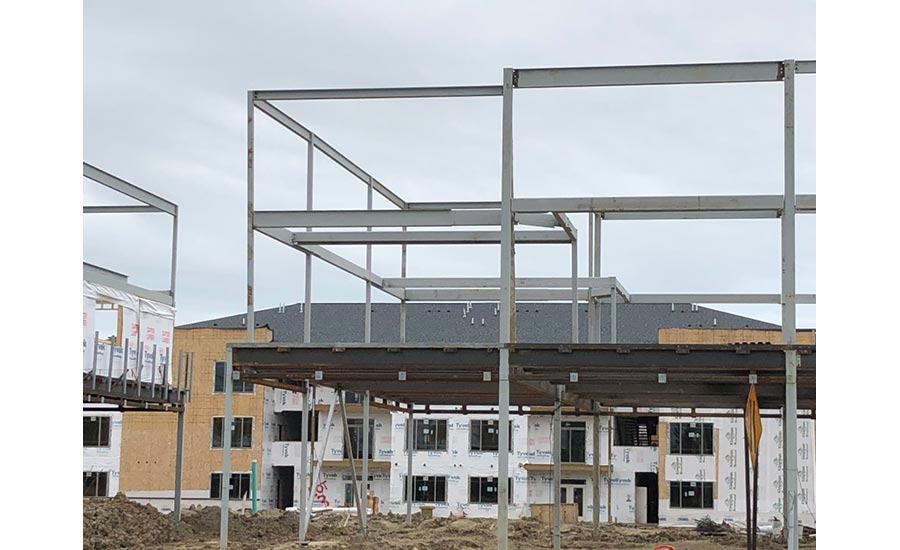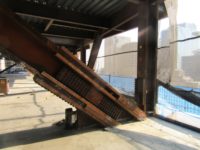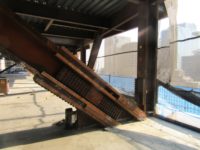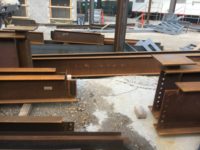The U.S. Commerce Dept. placed preliminary countervailing duties on imports of fabricated structural steel from China and Mexico but also found that those from Canada were not sufficiently subsidized to harm U.S. fabricators.
The action stems from a case brought by the American Institute of Steel Construction, a Chicago-based trade group that represents domestic steel fabricators.
As a result of the preliminary determinations, Chinese fabricators will have to pay duties of up to 177% on their products and Mexican fabricators up to 74% on theirs.
Canadian imports were found to be subsidized less than 1%, which is in the de minimis range of the department's subsidy rules, meaning that U.S. Customs and Border Protection will not collect any duties on them.
Commerce affirmed in its statement that, in 2018, imports of fabricated structural steel from Canada, China, and Mexico were valued at an estimated $722.5 million, $897.5 million, and $622.4 million, respectively.
"I think there's still a path forward to getting affirmative determination with Canada between now and the final determination, so we're hoping that plays out," says Brian Raff, AISC director of communications and public affairs.
The department said it will not make a final ruling on imports from all three countries until about Nov. 19, and added that it has initiated 172 new anti-dumping and countervailing duty investigations.
Tyler Kenyon, vice president and metals and mining equity research analyst at Cowen and Co., said that while this case has followed the traditional process of a petition by AISC, investigation and determination by the department, ongoing high-level discussions between the Trump Administration and China, in particular, could have an impact on it.
Mexico is the only country that has ratified the new U.S.-Mexico-Canada trade agreement and Kenyon said there are implications of ongoing trade talks with Canada and Mexico that could impact this case from that agreement as well.
“Whatever comes out of those larger, broader trade deals has the potential to add more bearing on this fabricated-structural steel trade case than the existing investigation that’s currently ongoing,” ” says Kenyon.
Raff says AISC believes that this case is separate from other steel tariff issues being discussed, some of which have had deadlines for compliance announced via President Donald Trump's Twitter account, with tariff removals revealed the same way.
"I'm not really sure, I think that this is a completely separate issue from any other political motivations that are going on," Raff says. "This is just a case that exists in its own world and no other tariff issues or international trade issues really have any direct connection to what's going on in this case. This case is very procedural and it's bound by the law and really shouldn't be impacted by anything political that's going on."






Post a comment to this article
Report Abusive Comment